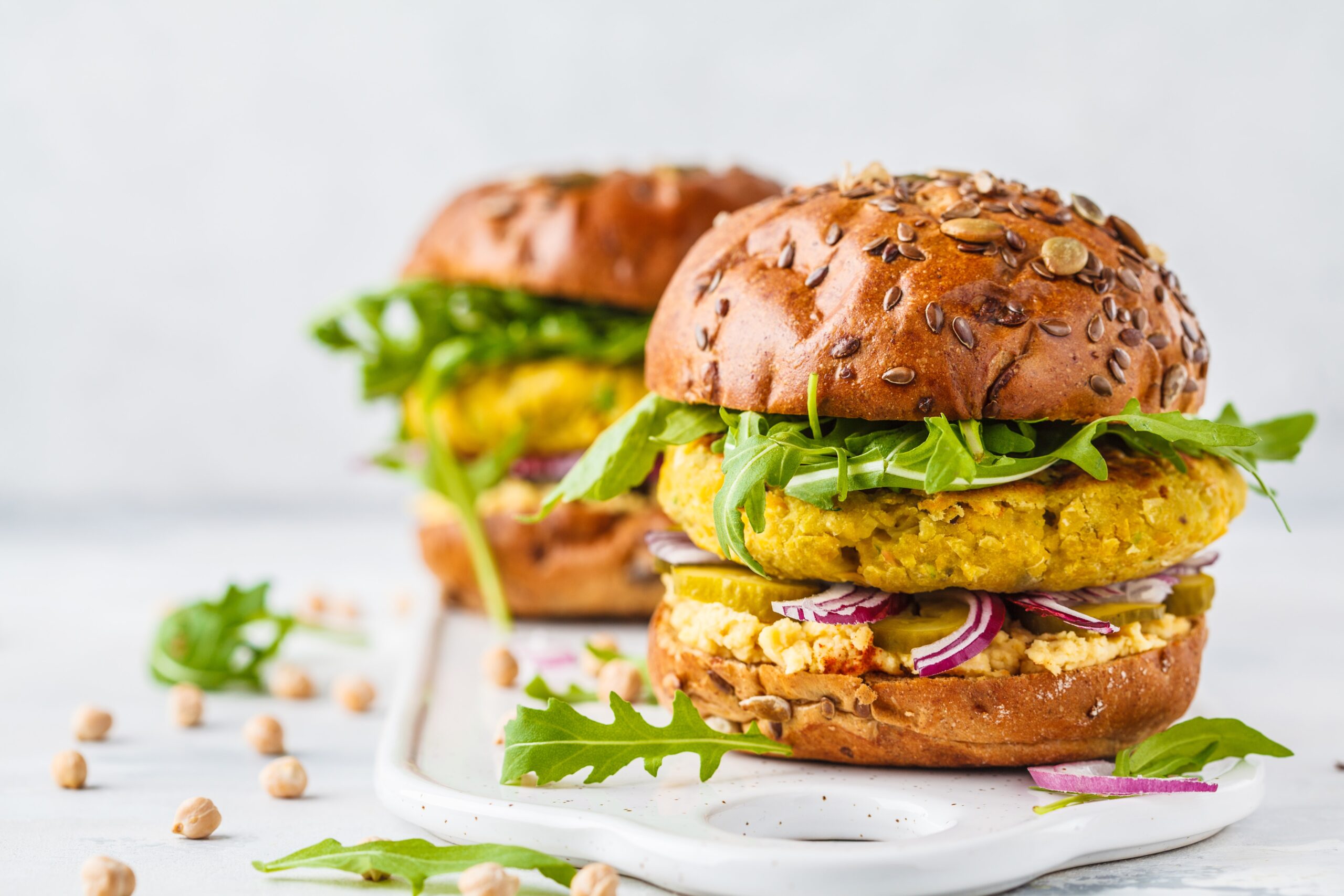Vegetarian diets come and go throughout the athletic world. Several MMA and kickboxing fighters, like Sofia Jokl, a vegan Japanese Jiu-Jitsu world champion, touted feeling so good on the restricted diets.
But did they stick with the diet? What else did they do to supplement their diet?
And do you want to try and do the same?
Vegan & Vegetarian – What They Really Are
Vegetarian diets cut out meat. Some will only cut out red meat while others cut out anything that an animal had to die to create.
What is supposed to replace these foods is vegetables. Unfortunately, very few people actually do that.
The same thing is true with a vegan diet. Vegans cut out anything that comes from a specific set of animals. (True vegans that cut out the product of any animal don't exist because all food, even plants, requires animal input) Under a normal vegan diet, the only food is plants.
The problem is, physiologically, humans are designed to eat meat in small quantities. We have a required protein intake that most closely matches the flesh of other animals, not plants.
In a short time, these diets collapse in on themselves, resulting in illnesses and even death. It can take as little as six months for a problem to show up under a vegan diet. And research shows most people who go vegan or vegetarian ditch the diet in less than two years.
It simply isn't sustainable.
Why Vegan Diets Are Unhealthy
There are three main problems with vegan diets and strict vegetarian diets.
Missing Nutrients
B12 is only produced through the process of living creatures. It is found in the flesh of animals and in specific yeasts. Another creature has to die for you to obtain this nutrient, and yes, that does include getting a B12 shot.
Vegetables are insufficient on the amino acids lysine, methionine, isoleucine, threonine, and tryptophan, as well as creatine and carnosine. They are missing the nutrients DHA and heme iron. All of these are supplied by the flesh of living creatures. Without adequate supplements, the body is injured.
Too Many Grains
As meats gets cut out of a person's diet, vegetables are supposed to replace them. However, most vegetarians and vegans rely on processed foods and grains. Unfortunately, most grains found in the grocery store are processed grains that do not contain sufficient amounts of vitamins. Whole grains are better, but do not supply a large amount of extra nutrition.
Reliance on Processed Foods
So, that takes us to process foods. Many vegans turn to vegan cheese, meats, and milks. Many of these products are made with soy. Although soy contains one of the most extensive amounts of proteins in the plant kingdom, it also has significant goitrogens. These goitrogens are directly responsible for thyroid cancer and hypothyroid disease. Studies show consuming soy products depresses thyroid hormone production.
These fake meat and cheeses contain numerous chemicals processing and a significant amount of resource expenditure, far outweighing conventional meat production.
How To Incorporate Elements of a Plant-Based Diet into a Healthier Approach

Okay, so now you know that vegetarian and vegan diets are not the way to go. You're going to join with many athletes and professional fighters and ditching this kind of diet. People like professional runner Devon Crosby Helms, said “A vegan diet stopped supporting my health and when I stayed on it
anyway, I ended up with a whole host of problems that I still have to deal with now. I was rundown, anemic, had developed hypothyroid and had severe adrenal fatigue. And on top of that, being vegan made me neurotic about my food.”
So, What Do You Do? 70% Plants
You focus on the vegetables. Making 70% of your diet fruits and vegetables, herbs and spices, and nuts and seeds will give you a tremendous amount of nutrients and all of the health benefits of a vegetarian diet. You can add in a few grains and a little bit of meat to round out your diet and be exceptionally healthy.
In fact, this type of diet gets studied extensively. Variations are known as the Mediterranean diet, Paleo diet, lifestyle ketogenic diet, and most medical diets.
The Rest Is Meats, Fats, Grains
The rest of your diet can compose meats, fats, and grains. As we said in our nutrition guide, you do not need a lot of meat, generally averaging approximately 12 oz of meat per day or the equivalent of four eggs. This leaves you significant choices for accenting your meals with brown rice, 100% whole grains, and unusual alternative grains.
All extreme diets are not healthy. They rely on cutting out vital portions of your daily nutrient needs. This is true with the vegetarian diet and especially true of a vegan diet.
Focusing on 70% of your diet on fruits and vegetables gives you all the benefits and leaves room for you to get your protein and B12 requirements through appropriate amounts of meat. We invite you to read The Fighter’s Nutritional Blueprint: Creating a Combat Arts Ready Body, to get a foundational understanding of nutrition and how find the best approach for your unique needs.
